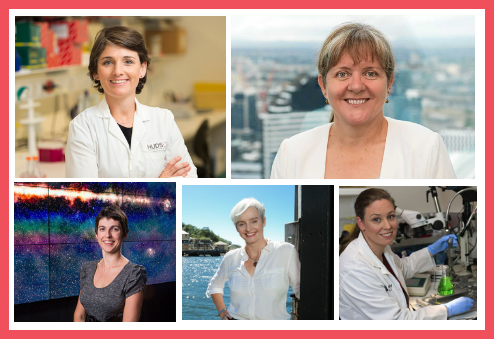
National Science Week officially kicked off at the start of the week, celebrating science and technology. Running each year in August, it features more than 1000 events around Australia, including those delivered by universities, schools, research institutions, libraries, museums and science centres. Over one million people participate in science events across the nation.
Established in 1997, National Science Week provides an opportunity to acknowledge the contributions of Australian scientists to the world of knowledge. It also aims to encourage an interest in science pursuits among the general public, and to encourage young people to be fascinated by the world we live in.
To celebrate National Science Week, SheSociety has compiled a list of leading female scientists in Australia highlighting their wonderful achievements:
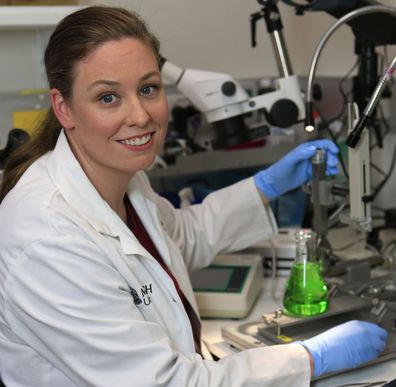
Dr Stephanie Simonds
Stephanie Simonds from Monash University in Victoria won the 2017 L’Oréal UNESCO for women in science Australia fellowship for her work in studying the link between cardiovascular disease and obesity. Dr Simonds and her team recently identified the role of leptin in increasing blood pressure. They discovered that when leptin receptors are blocked, chronically elevated blood pressure reduces. Her research has also focussed on the role of hormones before and after menopause in affecting the onset of cardiovascular disease in obese women. Dr. Simonds work has been published in top-tier journals including Nature, Cell, Cell metabolism and the Journal of Clinical Investigation.
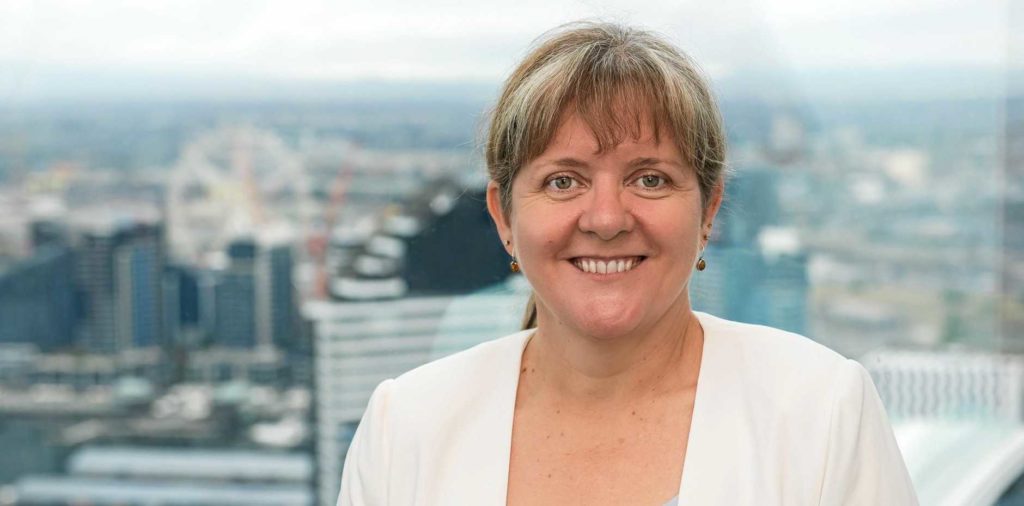
Dr Marguerite Evans-Galea
Dr Marguerite Evans-Galea is working internationally to understand disease mechanisms and develop new therapies for neurodegenerative diseases such as Friedreich’s ataxia, which typically starts in childhood and leads to decades of severe disability. She is a Senior Research Officer and Team Leader in Genetics at the Murdoch Children’s Research Institute and an Honorary Research Fellow at the University of Melbourne. Marguerite is also the co-chair and co-founder of Women in Science Australia.
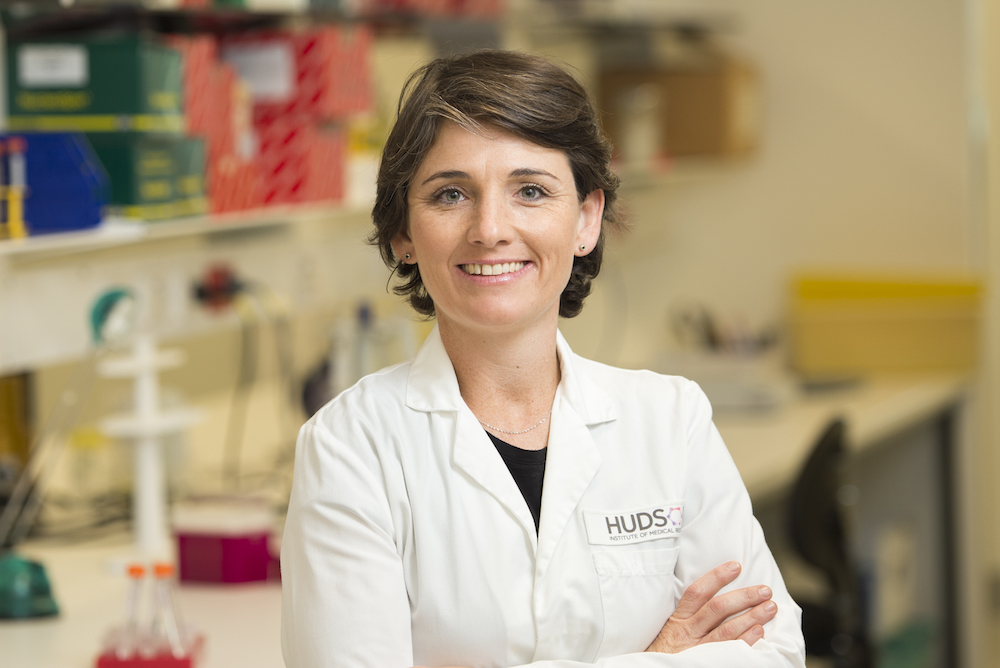
Dr Jaclyn Pearson
Dr Jaclyn Pearson is a microbiologist by training. She currently holds a National Health and Medical Research Council (NHMRC) Career Development Fellowship (2019-2022) and is a Research Group Head in the Centre for Innate Immunity and Infectious Diseases. The major focus of Dr Pearson’s research is understanding host programmed cell death signalling and inflammatory responses during bacterial gut infection. Her work has led to the identification of hot responses that are essential for controlling bacterial infections of the gut and maintaining gut homeostasis.
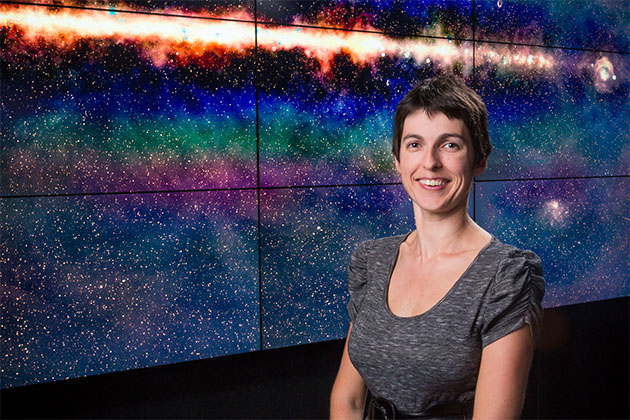
Dr Natasha Hurley-Walker
Dr Natasha Hurley-Walker is an award-winning radio astronomer passionate about understanding the Universe, and bringing the beauty of astronomy to the world. After obtaining her PhD in radio astronomy from the University of Cambridge in 2010, she moved to Australia to help commission the Murchison Widefield Array, a low-frequency precursor to the Square Kilometre Array. Using this telescope, she created a panoramic view of the Universe at low radio frequencies: the GaLactic and Extragalactic All-sky MWA Survey.
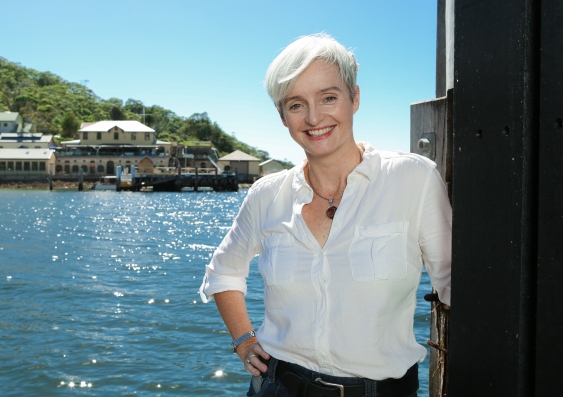
Professor Emma Johnston
Professor Emma Johnston researches the human impact on marine life, with particular focus on the role of various pollutants we dump into the sea. Her research is conducted in such diverse field environments as Antarctica, the Great Barrier Reef and temperate Australian estuaries. Emma studied science at the University of Melbourne, graduating with a PhD in 2002, and was an Australia Research Fellow from 2010-2014. Her research has been recognised with numerous awards, including the inaugural Australian Academy of Science Nancy Millis Medal for Women in Science (2014), the NSW Science and Engineering Award for Excellence in Biological Sciences (2012) and the Hynes Award from the Canadian Rivers Institute (2016).
SheSociety is a site for the women of Australia to share our stories, our experiences, shared learnings and opportunities to connect.

Leave a Reply